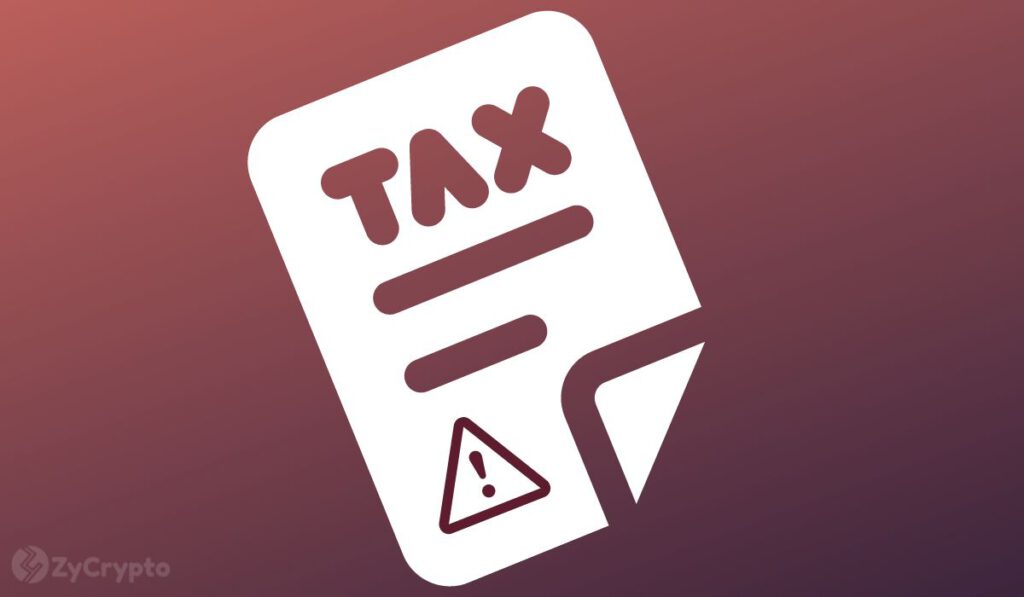In April 2021, the G20 requested the Organisation for Economic Co-operation and Development (OECD) to design a Crypto-Asset Reporting Framework (CARF) to exchange tax-relevant information on Crypto-Assets automatically.
On October 10, 2022, the OECD published a document titled: “Crypto-Asset Reporting Framework and Amendments to the Common Reporting Standard”. The paper also includes amendments to the Common Reporting Standard (CRS), adopted in 2014.
The general lack of uniform crypto regulation, coupled with their underlying technology, has enabled the custody and transfer of crypto-assets outside the traditional financial system, posing tax transparency challenges for authorities.
Accordingly, the CARF will ensure transparency concerning crypto-asset transactions by automatically exchanging such information with the jurisdictions of residence of taxpayers annually in a standardised manner similar to the CRS.
“These developments have reduced tax administrations’ visibility on tax-relevant activities carried out within the sector, increasing the difficulty of verifying whether associated tax liabilities are appropriately reported and assessed, which poses a significant risk that recent gains in global tax transparency will be gradually eroded”, the document stated.
 
 
An OECD review of the CRS has resulted in amendments in two key areas: new digital financial products and the introduction of enhanced reporting requirements. New digital financial products include “Specified Electronic Money Products” and Central Bank Digital Currencies (CBDCs). The amendments to the CRS consider the experience gained by member countries and businesses.
The document explained that Specified Electronic Money Product cover digital representations of a single fiat currency that are issued on receipt of funds to make payment transactions, that are represented by a claim on the issuer denominated in the same fiat currency, that are accepted by a natural or legal person other than the issuer; and that, by regulatory requirements to which the issuer is subject, are redeemable at par for the same fiat currency upon request of the holder of the product.
Some tax regulators have decried crypto assets for abetting tax evasion. “Overall, the characteristics of the Crypto-Asset sector have reduced tax administrations’ visibility on tax-relevant activities carried out within the sector, increasing the difficulty of verifying whether associated tax liabilities are appropriately reported and assessed”, the document further reported.
The next steps for the OECD include an implementation package to ensure the consistent domestic and international application and effective implementation of the CARF and to put the appropriate mechanisms to automatically exchange information under the amended CRS. Implementation timelines for both the CARF and amended CRS will be agreed upon.


